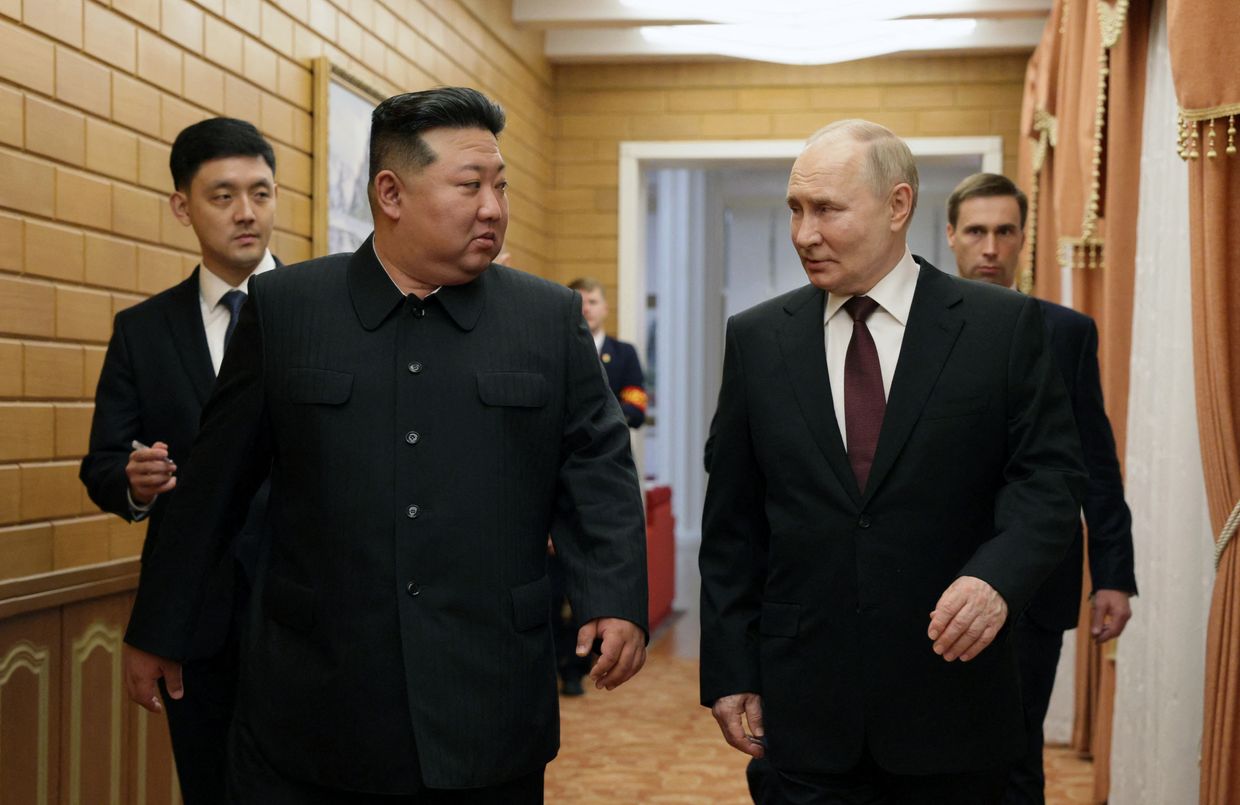Russia continues influence campaigns to support Trump's 2024 candidacy, US intelligence says.
American voters are likely to face a surge of misinformation and influence campaigns orchestrated by U.S. adversaries, according to senior U.S. intelligence officials. These campaigns aim to sway the outcome of the upcoming presidential election and undermine trust in the process. The Office of the Director of National Intelligence issued a new assessment on Oct.
7, just 29 days ahead of the Nov.
5 election, when voters will decide the next U.S. president and participate in numerous state and local races. "We've continued to see actors ramp up their activities as we get closer to Election Day," said a senior U.S. intelligence official, speaking anonymously during a press briefing, according to the Voice of America (VOA). "They recognize that individuals are already voting, and operations can have a greater impact as we get closer to Election Day," the official added, emphasizing that the election might only mark the beginning of these efforts.
U.S. intelligence officials report that Russia continues to actively run influence campaigns aimed at boosting former President and Republican nominee Donald Trump while undermining the campaign of Democratic nominee Vice President Kamala Harris. In contrast, Iran is focusing its efforts on aiding Harris by damaging Trump's campaign. Officials highlighted an ongoing hack-and-leak operation targeting Trump's campaign, which has been traced to three operatives working for Iran's Islamic Revolutionary Guard Corps.
U.S. intelligence agencies assess that China has so far stayed out of the U.S. presidential race, instead concentrating on influencing American voters to oppose state and local candidates who are seen as unfavorable to Beijing's interests, particularly those who express support for Taiwan.
North Korea likely sending soldiers to Ukraine to aid Russia, Seoul says
"As Russia and North Korea have signed a mutual treaty akin to a military alliance, the possibility of such a deployment is highly likely," South Korean Defense Minister Kim Yong-Hyun said in the parliament.
